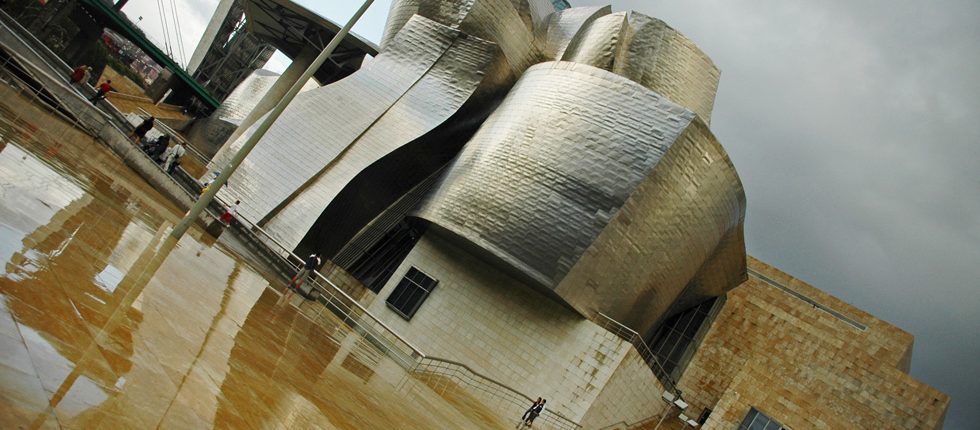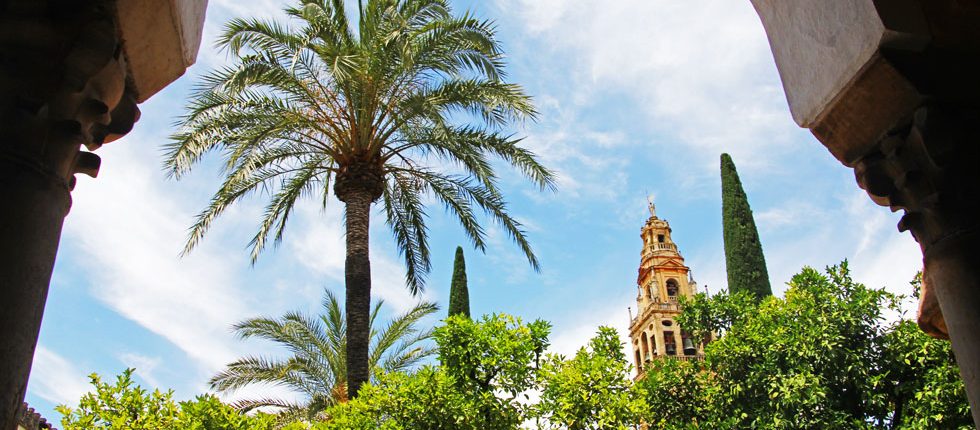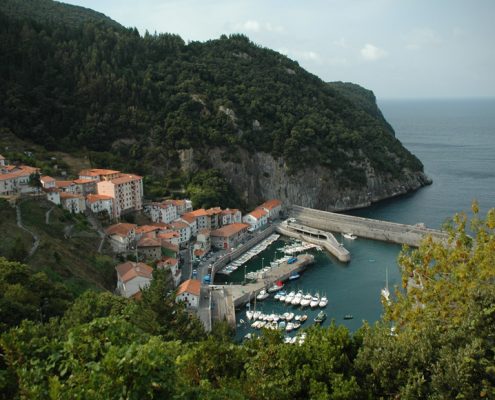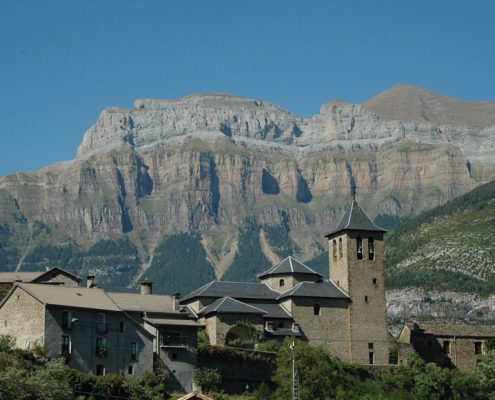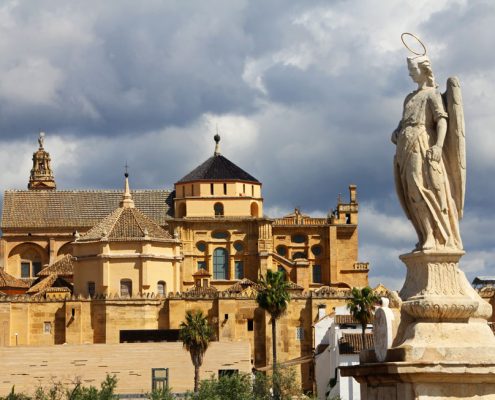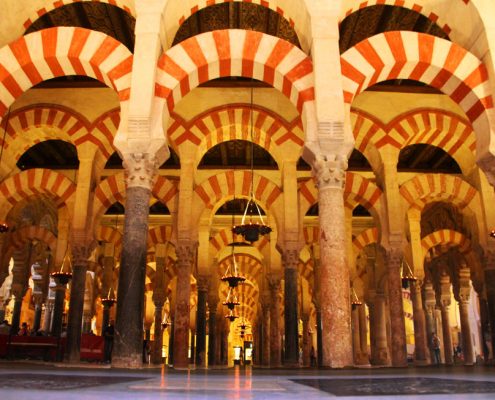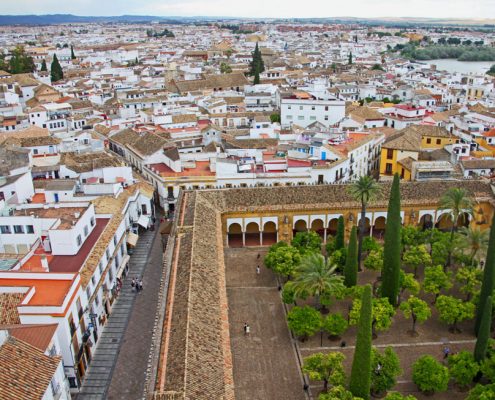Spain
Top tip: The rain in Spain hardly ever falls on the plain

Geography
Spain shares the Iberian Peninsula with its neighbour Portugal and is bordered to the north by the Pyrenees mountains in France. The Balearic Islands (Mallorca, Menorca, Ibiza and Formentera) southeast of Barcelona, and the Canary Islands in the Atlantic Ocean are part of Spain, as well as Ceuta and Melilla, small enclaves in North Africa.
Spain enjoys a warm climate, which varies from temperate in the north to dry and hot in the south. Mid-summer (July to August) can be excessively hot throughout the country except in the coastal regions. Madrid is best in late spring/autumn. The central plateau can be bitterly cold in winter. The Balearic islands enjoy a temperate, Mediterranean climate. The maximum temperatures are not excessive, even in high summer. The climate during the winter is mild and dry and temperatures below zero are particularly unknown. The climate in the northern islands of the Canaries is subtropical; the south of the islands tend to be hotter and drier, although rainfall is generally low throughout the islands.
Facts and Figures
| Area | 504,782 sq km (194,897 sq miles). |
|---|---|
| Population | 46,030,109 (2010) |
| Capital | Madrid – population 3,273,049 (2010) |
| Language | Spanish (Castillian), Catalan, Galician, Basque |
| Religion | Roman Catholic majority. |
| Time | Mainland Spain/Balearics GMT + 1 (GMT + 2 from the last Sunday in March to Saturday before last Sunday in October).The Canary Islands: GMT (GMT + 1 from the last Sunday in March to Saturday before last Sunday in October). |
Highlights
Madrid boasts beautiful parks and gardens, a collection of remarkable museums and galleries and a non-stop nightlife. The city’s cultural delights include top spots Iglesia de San Gines, one of Madrid’s oldest churches, housing some fine paintings. Plaza Mayor is Madrid’s most famous square, teeming with people and cafes. Barcelona has an enormous amount to offer those in search of a weekend away. Culturally, Barcelona contains the extraordinary Sagrada Familia Cathedral and an immense cross-section of museums and art galleries. The Ramblas, originally the site of the ancient city walls, is an exciting place to wander through and marvel at the flower, fish and bird markets. The white beaches and rugged cliffs of the Balearic Islands are the perfect summer getaway, and the black sand, volcanic Canary Islands are hot, dry and invariably sunny right into October.
Oranges and lemons in sun-drenched Andalucia, red robed bull-fighters, exquisitely adorned flamenco dancers – Spain is a whirl of colour and excitement. Home to a range of architectural marvels, from Gaudi’s surreal Barcelona houses to the Alhambra Palace in Granada, it is a haven for art students and culture lovers. Discover the less know treats from Galicia to Vejer de la Frontera. Sip sangria during sleepy afternoons in the hot countryside, strong coffee in stand-up cafes in the bustling capital and sample an astonishing range of tapas in the Barcelona bars.
History
Spain emerged as a unified country in the 15th century, following the marriage of the Catholic Monarchs Catherine of Aragon and Ferdinand of Castille, and the completion of the reconquest, the ‘Reconquista’, of the Iberian peninsula in 1492. The country built up a global empire that left a legacy of over 500 million Spanish speakers, more than any other language in the world except for English.
Prime Minister Zapatero was voted in to office in 2004 in the wake of terrorist attacks on Madrid. His Socialist Party was re-elected in March 2008. In power during a period of economic growth, Zapatero withdrew Spanish troops from Iraq and instituted social reforms including legalisation of same-sex marriage, modernisation of divorce laws, and a higher minimum wage. Improvements to infrastructure such as the high-speed rail network were also important to his leadership, which was strongly pro-European, in contrast with that of his pro-USA predecessor. He was ousted in 2011 in favour or the centre-right Populist Party leader Mariano Rajoy.
Spain has suffered in recent years during the global financial recession and the European sovereign debt crisis, with a wave of protests breaking out in 2011.
Interested in Spain? Call +44 (0)20 7604 4408 for expert holiday advice

